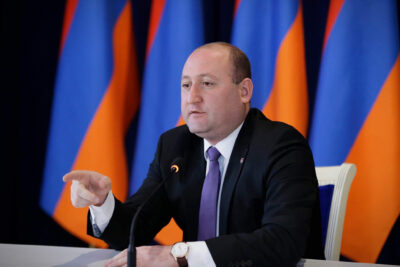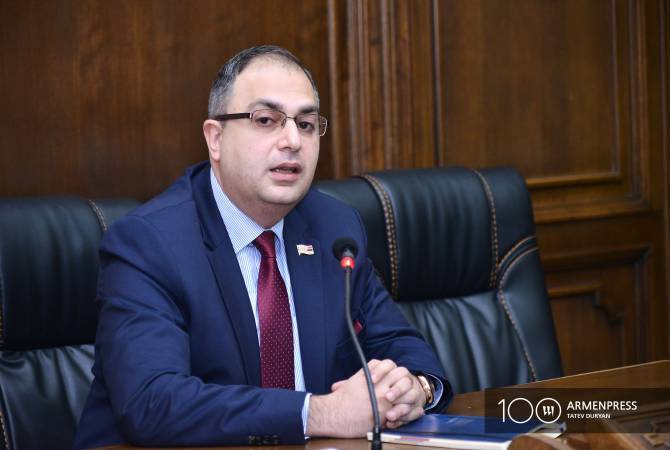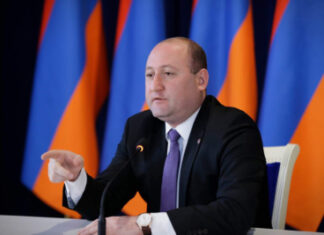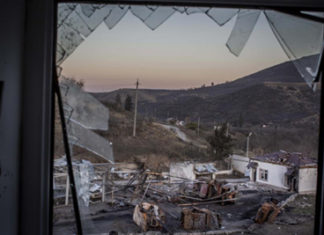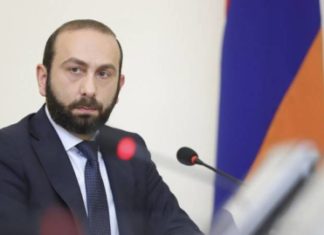By Mania Israyelyan
YEREVAN (IWPR) — Freedom of speech advocates have condemned a new law in Armenia that criminalizes “severe insult” to public figures, warning that the legislation is not only impractical but could be used to political ends.
The law, sponsored by the ruling My Step faction, stipulates that inflicting severe insult, using foul language or hurting the dignity of a person involved in public activity — which could include officials, politicians, civil society activists and others — carries a maximum penalty of 100,000-500,0000 Armenian drams ($200-$1,000).
If the perpetrator regularly targets one person, the fine can rise to between one and three million drams ($2,000-$6,000) or up to three months in prison.
One of the bill’s co-authors, the ruling My Step’s Vladimir Vardanyan, said that “foul language in our society, a phenomenon that causes the most serious damage to human dignity, must be eliminated,” adding that the new law should particularly target social media.
However, critics note that the term “offensive” as used in the legislation is extremely vague.
